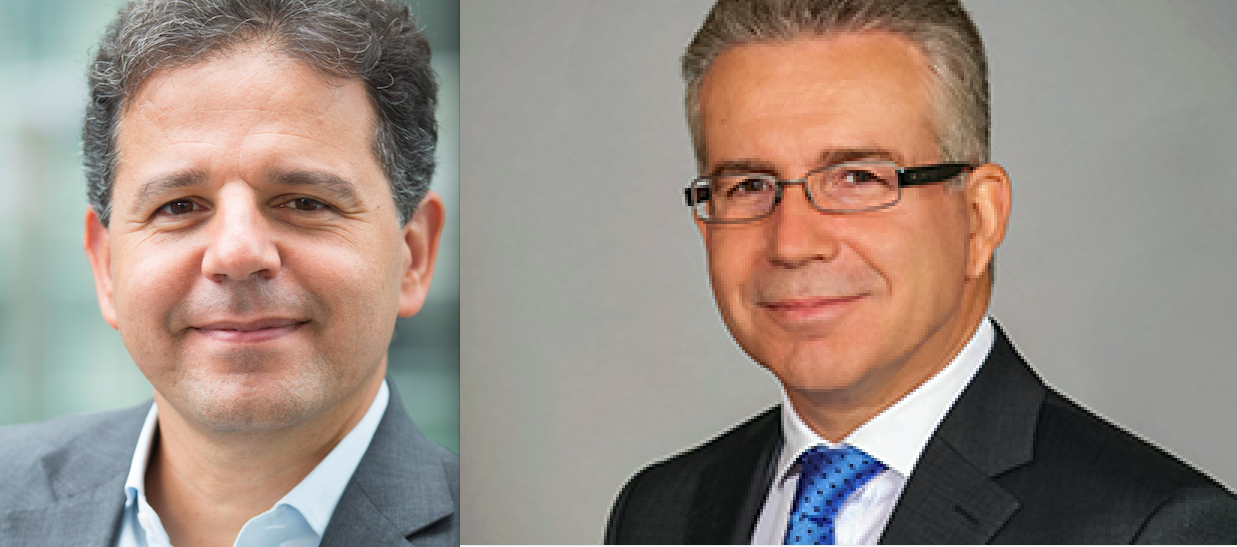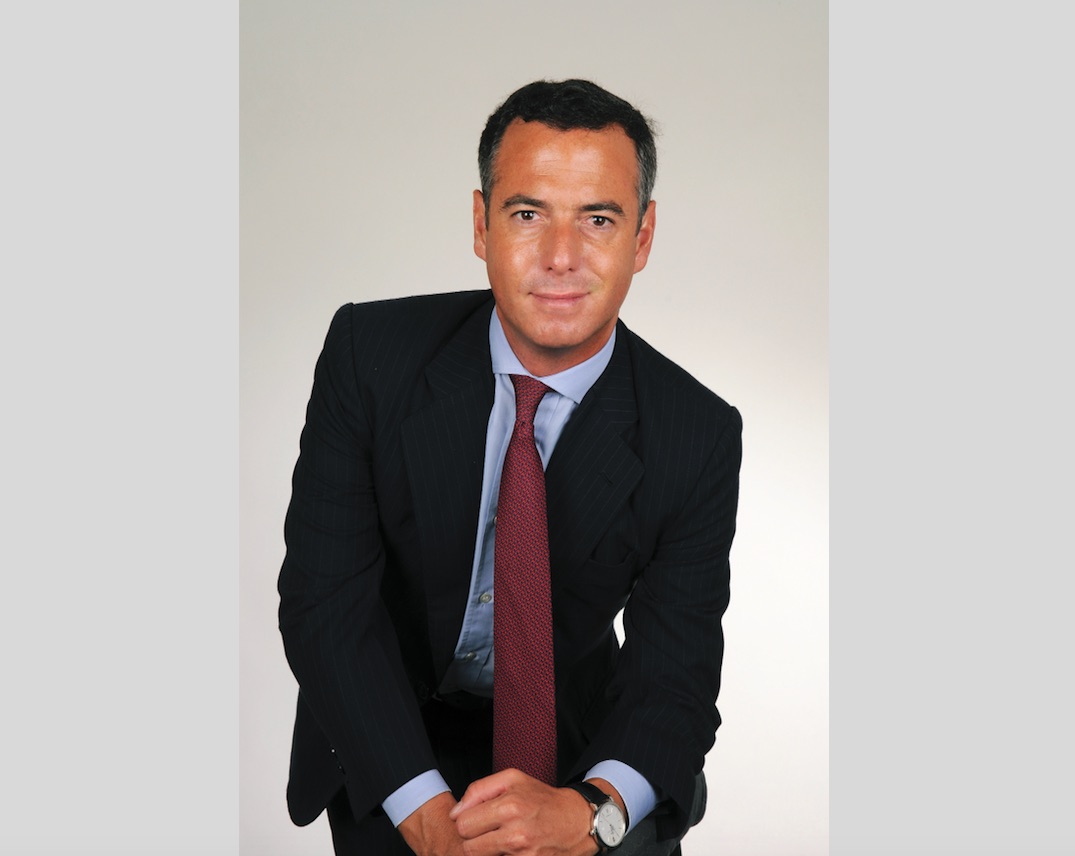Joseph Pinco and Philippe Setbon Join Natixis
| For Beatriz Zúñiga | 0 Comentarios

Natixis appoints Joseph Pinto as Chief Operating Officer of Natixis Investment Managers and Philippe Setbon as Chief Executive Officer of Ostrum Asset Management.
Joseph and Philippe will both be members of the Natixis Executive Committee and of the Natixis Investment Managers Management Committee.The creation of the COO role for Natixis Investment Managers and the appointment of Joseph Pinto–who will take up his role in the coming months –reinforce Natixis Investment Managers’management team and enhance its operational efficiency.
Joseph Pinto will report to Jean Raby, CEO of Natixis Investment Managers, member of the Senior Management Committee of Natixis in charge of Asset and Wealth Management.
Philippe will replace Matthieu Duncan who has resigned from his role as Chief Executive Officer of Ostrum Asset Management in order to pursue other interests. Philippe will take up his role at the end of November, until which time Matthieu will remain in his role.
François Riahi, Chief Executive Officer of Natixis said: “With Philippe Setbon and Joseph Pinto, we welcome to the Natixis Executive Committee two leading asset management professionals. Joseph Pinto, whose international background perfectly fits with our setup, will bring significant added–value to our multi–affiliate business model at a truly transformative moment for the industry. Philippe Setbon will lead one of our key strategic initiatives; the creation and development with La Banque Postale Asset Management of a European leader focused on insurance–related euro fixed income.”
Jean Raby said: “Joseph and Philippe’s recognized experience and expertise will bolster Natixis IM and Ostrum AM’s growth and operational efficiency and will contribute to further power the continued developmentof our business. I thank Matthieu Duncan for his contribution to the successful transformation and repositioning of Ostrum AM that he has overseen over the past three years.”
Joseph Pintobegan his career in 1992 with Crédit Lyonnais, working in the securitization business in New York before moving to Lehman Brothers in London in the Corporate Finance division. From 1998 to 2001, Joseph was Project Manager at McKinsey & Cie in Paris. From 2001 to 2006, he was Deputy CEO and member of the Board of Directors of Banque Privée Fideuram Wargny. He joined AXA IM in January 2007 as Head of Business Development for France, South Europe and Middle East. He then took the leadership of the Markets and Investment Strategy Department in 2011 and became Chief Operating Officer in 2014, also serving as a member of AXA IM’s Management Board.
Philippe Setbonbegan his career in 1990 as a financial analyst at Barclays Bank in Paris. Between 1993 and 2003, Philippe was with Groupe AZUR–GMF, first as a portfolio manager for European stocks, then as Head of Asset Management. He then moved to Rothschild & Cie Gestion as Head of Equity portfolio management before joining Generali Group in 2004 where he held a succession of senior roles including CEO of Generali Investments France,CEO of Generali Investments Europe Sgr and CIO of Generali Group. He joined Groupama in 2013 as CEO of Groupama Asset Management.Philippe serves as vice president of the French Asset Management Association (AFG).








